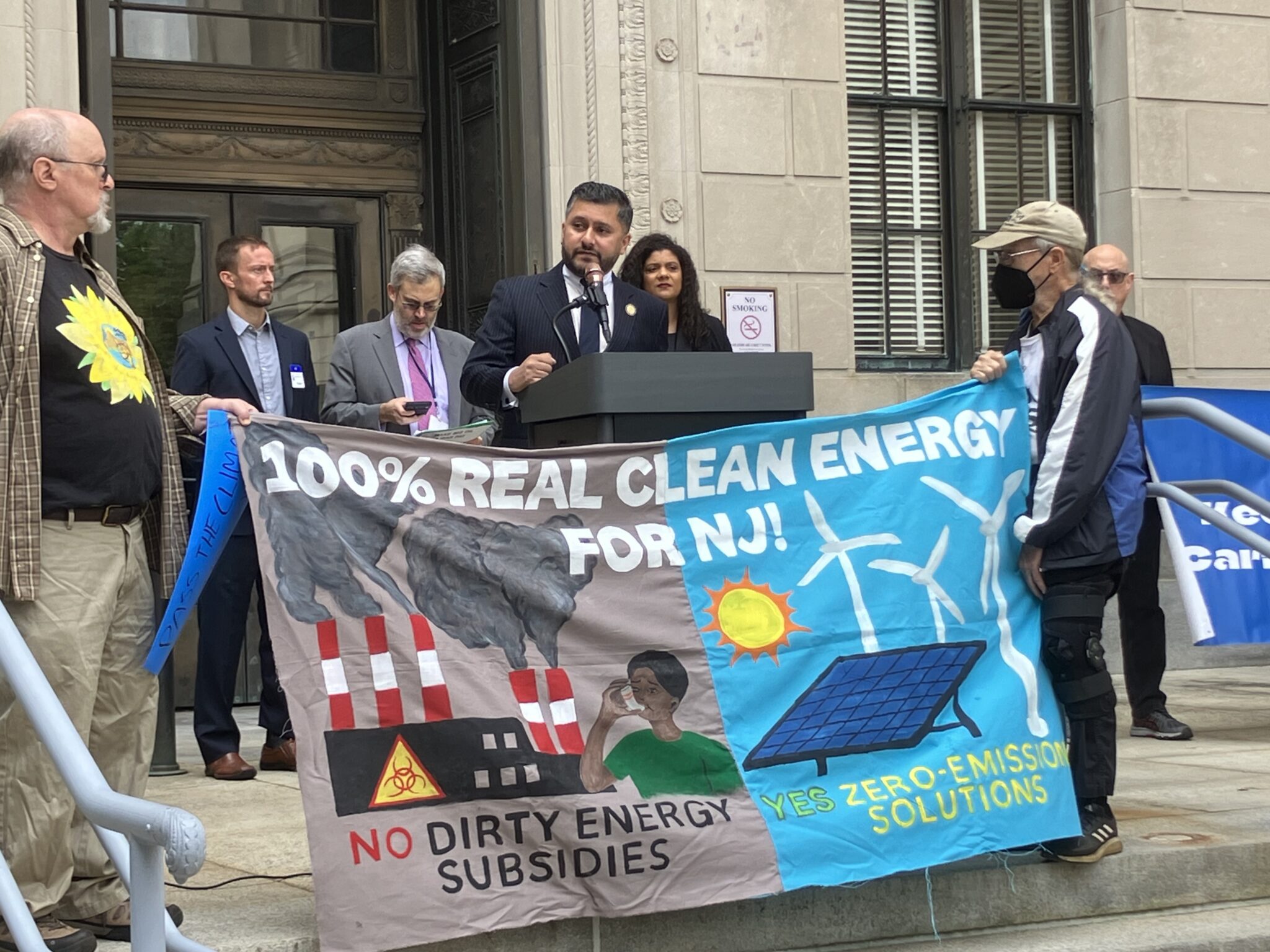Climate Crisis: How a New 'Superfund' Could Shield Our Children's Future

From the devastating winds of Hurricane Sandy to the apocalyptic orange skies choked with wildfire smoke in 2023, New Jersey has become a stark, living testament to the undeniable realities of climate change. These dramatic environmental events are no longer distant warnings or theoretical predictions, but visceral, immediate experiences that are reshaping our understanding of environmental vulnerability.
The Garden State has transformed from a passive observer to a frontline witness of climate science's most urgent warnings. Each extreme weather event serves as a powerful reminder that climate change is not a future threat, but a present-day challenge demanding immediate attention and decisive action.
Hurricane Sandy's destructive path through New Jersey's coastal communities and the recent smoke-filled summers have done more than cause physical damage—they have fundamentally altered our collective consciousness about environmental resilience and the urgent need for comprehensive climate strategies.
As New Jersey residents continue to experience these unprecedented environmental shifts, the message becomes increasingly clear: adaptation is not optional, but essential. The state stands as a microcosm of broader global climate challenges, compelling us to reimagine our relationship with the environment and take meaningful steps toward sustainability.
